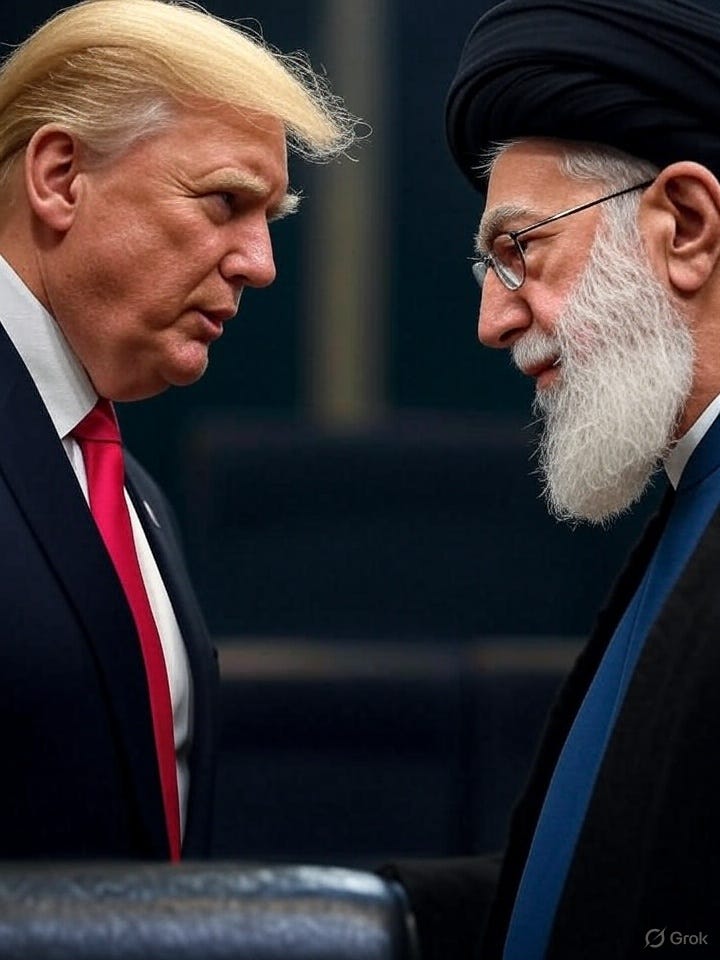Suspended Confrontation
Nothing in the Iran-US/Israel confrontation has been resolved, raising the probability of a resumed conflict.
The Director General of the International Atomic Energy Agency, the United Nation’s nuclear watchdog, has said that Iran can resume enrichment activities within months.
Talks or escalation?
Iran’s 900 pounds of 60% enriched uranium are still in the country. This suggests that the American strikes on Iran’s nuclear facilities, which, like Iran’s response, seem to have been choreographed, served as a message, not as a permanent solution.
Israel, for its part, is preparing to implement an “enforcement plan” through which it can prevent Israel from resuming its nuclear programme or developing its ballistic missile capability. This reinforces our view that the nuclear problem is not resolved, and that Israel will continue trying to defeat the Islamic Republic militarily and, obviously, through special operations.
Furthermore, the American and Israeli strikes have eroded any confidence Iran has in talks with the USA and the Europeans. Recall that, from Iran’s perspective, it is the USA that chose to withdraw from the 2015 nuclear agreement, and then, during negotiations, allowed Israel to engage in strikes against Iran, before directly joining them. Talks between Iran and the USA are scheduled in the coming days. The three sides have revealed their hands. The talks will have one of three potential outcomes:
either the Iranians get the Americans to acquiesce to what they believe is their right to enrich uranium,
or the two sides will politely kick the can down the road, which is likely Trump’s preferred option,
or there will be another round.
Regional Context
Crucially, ships in the Red Sea are still communicating with the Houthi to inform them that they have no affiliation with Israel. Navigation has partly resumed, but the Houthi retain the capability to attack ships at will. This shows that the American campaign against the Houthi did not succeed in shutting down their capabilities.
In Lebanon, Hezbollah has been severely weakened, but is not yet a spent fighting force. Israel has been pounding Hezbollah’s underground facilities, suggesting that some of the missile stockpile of the ground has survived and that previous airstrikes have not succeeded in full. Hezbollah is under pressure to threaten Israel with a military option, in order to obtain concessions relating to reconstruction funds for its own civilians.
Pakistan and Turkey, for their part, do not want to see Iran fully defeated against Israel, simply because such a precedent would become a threat to them. Neither of them has any love for Iran’s Shi’a theocracy, and may be able to make territorial gains if it falls. But, simultaneously, they cannot accept an outcome where a country of Iran’s size can be destroyed by the West in the same way that Iraq was. The Saudis also view this as a threat.
Simply, for the Muslim world, this level of American-backed Israeli militarism is intolerable for purely practical reasons. It erodes the legitimacy of Muslim rulers and threatens their grip on power, while placing them in a position where they, like Iran, can be subjected to coordinated Israeli and American strikes.
Commercial Implications
A campaign against Iran would face the same limitations as that against the Houthi, though the USA’s ability to damage the Iranian economy is simply unrivalled.


